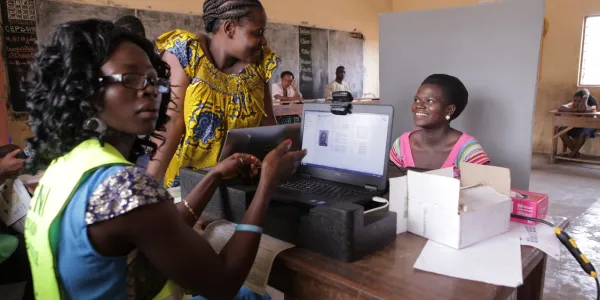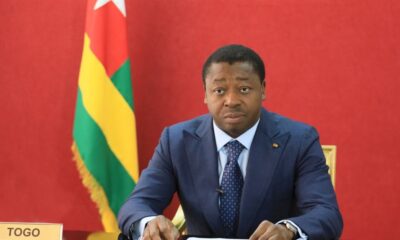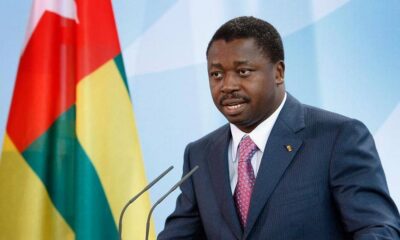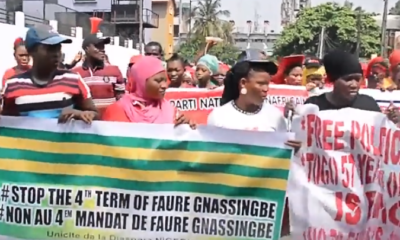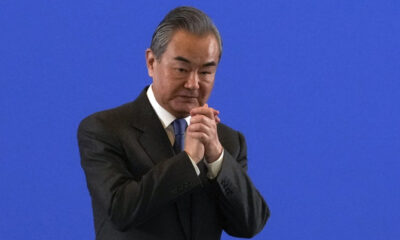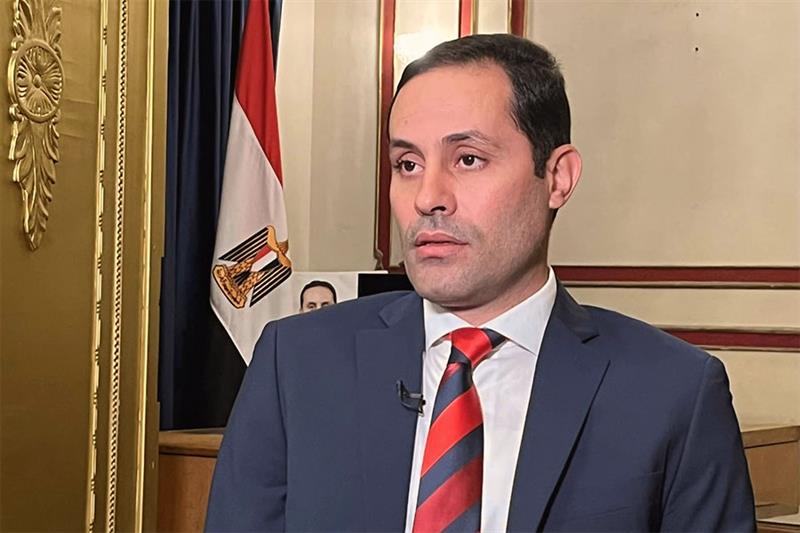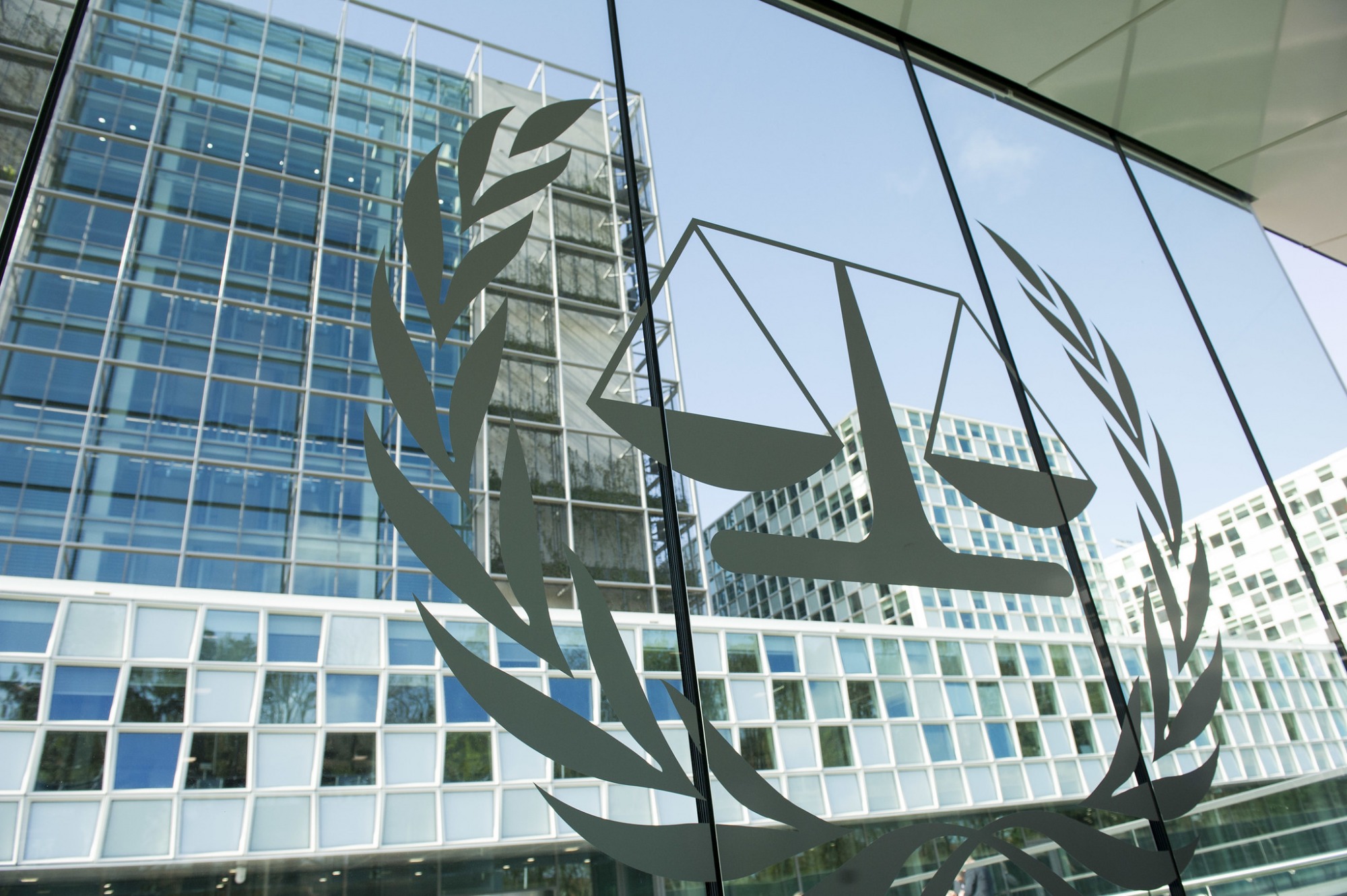Observers have described as impressive, voter registration towards the national assembly elections in Togo which began on Saturday.
There was however a shortage of materials like paper, and reports of bad computers which stopped the registration of some people.
One of the registrants in the capital, Lomé., Sarath Sidibe, said “It’s a bit difficult, frankly, because things are not improving. They say that the reams of paper are finished, but the machines are not working. Nothing but arguments. You see, it’s not moving,”
Another, who works in a supermarket, Evariste Toganou, stressed “I will take my voter’s card regardless of the hassles. Because this time, I have to vote.”
Carpenter Komlan Edoh was more successful on his second attempt. “I went there yesterday, but I left because of the crowds and the fact that I also had other things to worry about. But it went well today because I arrived at six o’clock. My card was delivered”, he stated.
An official of the Electoral Commission, Kokouvi Paul Dobe revealed that the body had been stretched by the turnout.
“We’re really overwhelmed, but okay. We’re trying to deal with it, we’ve got to do everything we can to try and manage everyone who’s here,” Dobe said.
The ruling party got a majority of 59 seats out of the 91 of the National Assembly during the last election in 2018, while the leaders of the main coalition of 14 opposition parties boycotted the election.
Togo is expected to hold elections for the National Assembly by December, 2023.
Its National Assembly is a unicameral house that has a total of 91 members elected in a party-list proportional representation system. Members serve five-year terms.
Its National Assembly is a unicameral house that has a total of 91 members elected in a party-list proportional representation system. Members serve five-year terms.

 VenturesNow16 hours ago
VenturesNow16 hours ago
 VenturesNow16 hours ago
VenturesNow16 hours ago
 VenturesNow16 hours ago
VenturesNow16 hours ago
 Politics16 hours ago
Politics16 hours ago
